Long Post - bear with me…and also an out-of-turn post because it’s August 15th!
And it’s when I write about the country of my birth, India, its independence—and its unfortunate hacking. This is its history and of my people.
A repost of several old ones, I offer this to remind myself and you of this history, perhaps (re)introducing some, especially new subscribers, to my thoughts and poems.
This August is the time to celebrate the 77 years of India’s independence from the British, which occurred at the stroke of midnight on 15th August 1947. That day India won freedom from 200 years of British colonial rule. The day also marks the time when India was split in two—India and Pakistan (eventually Bangladesh split off from Pakistan in 1971)—leaving a bloody stain on its history; and deadly geopolitical impact that continues to reverberate even today.
Unfortunately, India’s Partition became a long chaotic event resulting in a gargantuan tragedy from internecine religious violence that left nearly 2 million dead, and drove an estimated 14+ million to migrate — one of the largest displacements in human history!
While many in India/diaspora proudly celebrate this day (rightfully so), it behooves us to also contemplate the tragic 1947 Partition, which the British “oversaw” as they hastily departed. The British left in 1947 because WW2 had exhausted their capacities and reserves to govern. At that point they didn’t bother with architecting a smooth power transition for India’s future.
So when political leaders of undivided India couldn’t trust each other sufficiently to share power, the British hastily drew a line to divide India and create the Islamic Republic of Pakistan. The idea was that Pakistan would be a new country for Muslims and India would remain a secular state. In particular, Jawaharlal Nehru (India’s first Prime Minister-to-be) and Mohammad Ali Jinnah (Pakistan’s first Governor-General), both upper class barristers focused on shoring up their power, lacked the foresight to handle reality on the ground. Ironically, both were liberal, enlightened men, with little use for religion in their personal lives. Yet they couldn’t come to a political compromise when it mattered.
As a result, India’s Partition became a long chaotic event resulting in a gargantuan tragedy from internecine religious violence that left nearly 2 million dead, and drove an estimated 14+ million to migrate — one of the largest displacements in human history!
Yet the term “migration” hardly represents what transpired. Muslims from the Indian side fled for Pakistan and Hindus, Sikhs and people of other religions fled for the new India. People who’d lived in towns and villages for generations as far back as they could count, were forced out from homelands, generational histories, a lifetime of community and the only life they’d ever known.
I’ve written about the particularly horrific fate of women during Partition in a previous post. Perhaps hard to fully appreciate in our mobile, global times but this violent uprooting created multigenerational trauma.
A difficult imperative—owning our past
There’s a lot more to this history, including the question of who was culpable? While it’s convenient to lay the entire blame for this cataclysm on the British, that’s hardly the whole truth.
There’s no doubt the British sowed a bitter crop (with their Divide & Rule policies), recklessly drew the Partition line and abandoned India. I’m not downplaying their culpability already covered in many excellent texts. Instead I’m raising questions for self-reflection for people of the subcontinent i.e., us, our people. Unfortunately I’ve even come across disingenuous insinuations about Partition as a British-led “genocide”. That’s simply not true. The truth is far more terrible.
… even 75 years hence, the subcontinent remains a tinderbox of endless religious animosities, including within India and Pakistan. The two countries — despite a common heritage, culture, music, language, food, etc. — remain deadly enemies across one of the most militarized borders in the world.
Partition violence mostly resulted from the people of the sub-continent turning on each other. Unfortunately, many local Hindu, Muslim, and Sikh leaders exhorted their people, even directly led mobs to perpetrate unconscionable inter-religious violence. As a result ordinary people, who’d coexisted peacefully for generations, turned on each other. Looting, pillaging, killing, rape and worse ensued. Millions who found themselves on the “wrong” side of the new/ anticipated border became victims to this madness. Almost every Partition survivor I’ve talked with (see my work with The 1947 Partition Archive below) shared a similar narrative.
Unfortunately, even 78 years hence, the subcontinent remains a tinderbox of endless religious animosities, including within the countries as well. The two countries — despite a common heritage, culture, music, language, food, etc. — remain deadly enemies across one of the most militarized borders in the world.
For those interested, there’s more in my previous posts:
Truth towards healing: The 1947 Partition Archive
Partition has personal relevance for me. Both of my parents were “refugee” children of Partition, although they’d never indulge such words. My mother arrived in India as a five year old from Peshawar, my father as a twelve year old from Sargodha. Growing up in India, I learned about Partition from my elders, amid much grief and trauma.
I grew up wondering if their stories mirrored those on the “other” side. I was also struck by the lack of detail in our school texts. Possibly a fear of reigniting past insanity caused historians to bury this history. But such expunging hasn’t served the subcontinent well. People on all sides still feel wronged by these events. Peace between India and Pakistan, even 76 years later, is a dream one can’t indulge. But if people are to heal, then an honest encounter with history needs to be the first step.
So for over a decade, I’ve volunteered as a Citizen Historian with the non-profit The 1947 Partition Archive, whose mission is to help record and archive personal stories of witnesses of Partition on all sides. My own experience as a citizen historian interviewing and recording many tens of witnesses, each of them over several hours, has been transformative. Many elders I recorded hadn’t shared their stories even with their own children. Several wept openly.
This initiative has created an unprecedented people’s history of Partition—over 10,000 accounts to date! A beautiful, hardcover book of 500+ pages, chronicling some of this history is coming out this year.
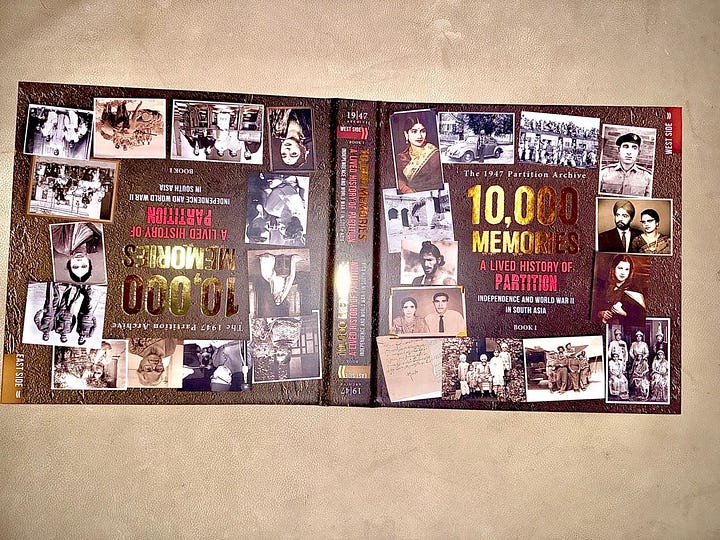
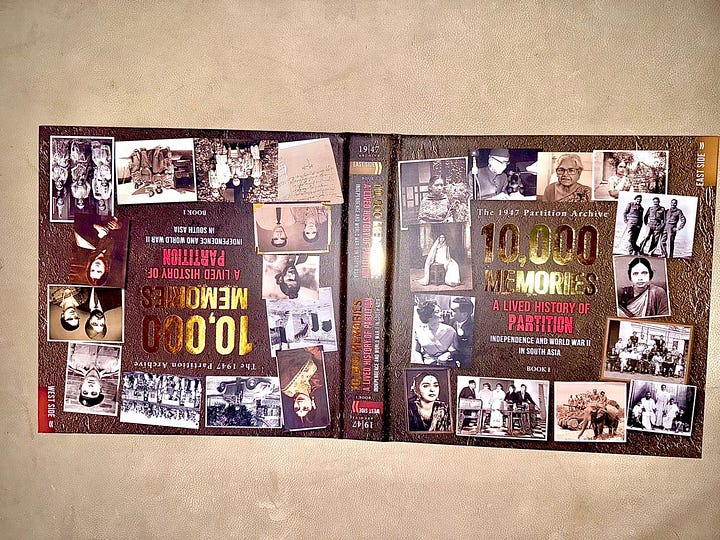
Here is a little video on its creation…
You can learn more and pre-order a copy here (All the proceeds go to the non-profit Archive).
Poems for Partition
When I first started as a citizen historian, I was eager to catalog my people’s history via personal narratives, for future generations. But I soon came to cherish the privilege of helping my elders tell their stories and feel heard. This poem is dedicated to those brave elders whose life histories I’ve had the privilege to record, and whose courage and resilience is a source of strength in my darkest hours.
skin
I am but aged skin
Eyes reddened with all I've seen
Nails blunted from walls I've scaled
Hair that flailed in many windsJourneys that were so long and hard
Sometimes unable to take one more step
Spat out with waters soaked in my blood
With room to breathe but I can only sighForks & betrayals so many I couldn't recal
Tears are water, don't wash off blood
My collections of roses and thorns and mud
I fell and crawled and stood up againRode aspiration horses of broken legs
Uprooted from land that was mine, familiar
My heart sent off to a permanent exile
So yes I don't know how to cryNow I smile, and laugh but it ends in ache
Such stories you couldn't imagine in dreams
My accounts could save you some wounds
Won't you sit a while, listen to me?###
-Reena
From my debut poetry collection: Arrivals & Departures: Journeys in Poems
And my poem “Nobody” is published in the 10,000 Memories: A Lived History of Partition book:
Interestingly, I came across this poem Partition by the British-America poet W H Auden from 1966. It’s a caustic criticism of the Partition line drawn by the British barrister Cyril Radcliffe…
Partition
Unbiased at least he was when he arrived on his mission,
Having never set eyes on this land he was called to partition
Between two peoples fanatically at odds,
With their different diets and incompatible gods….


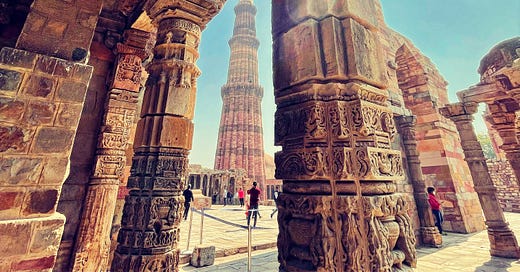




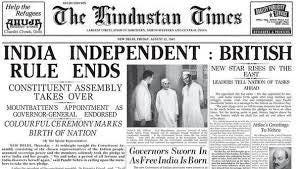
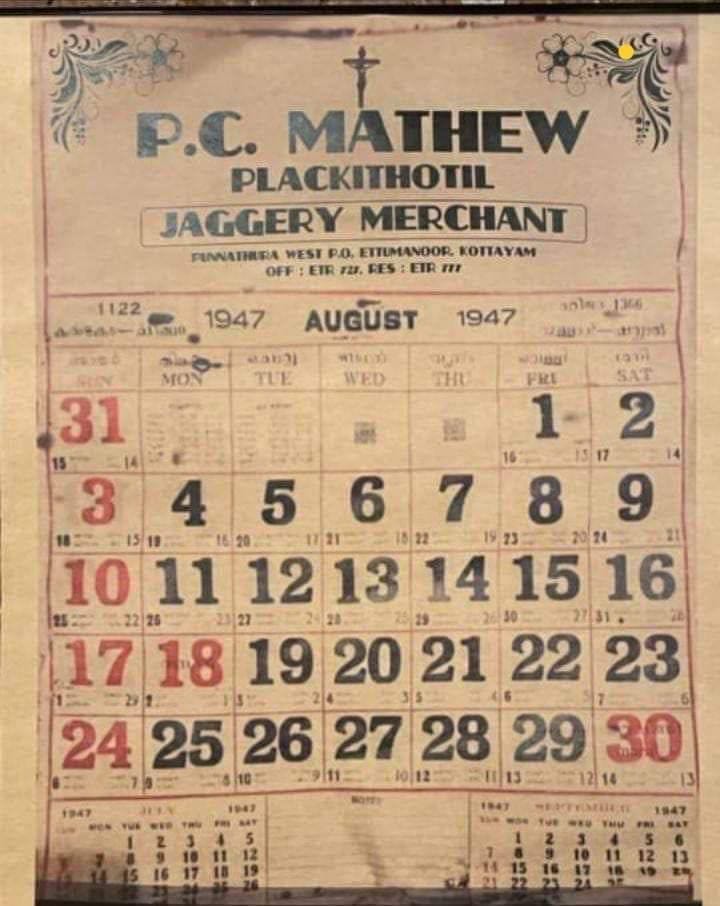



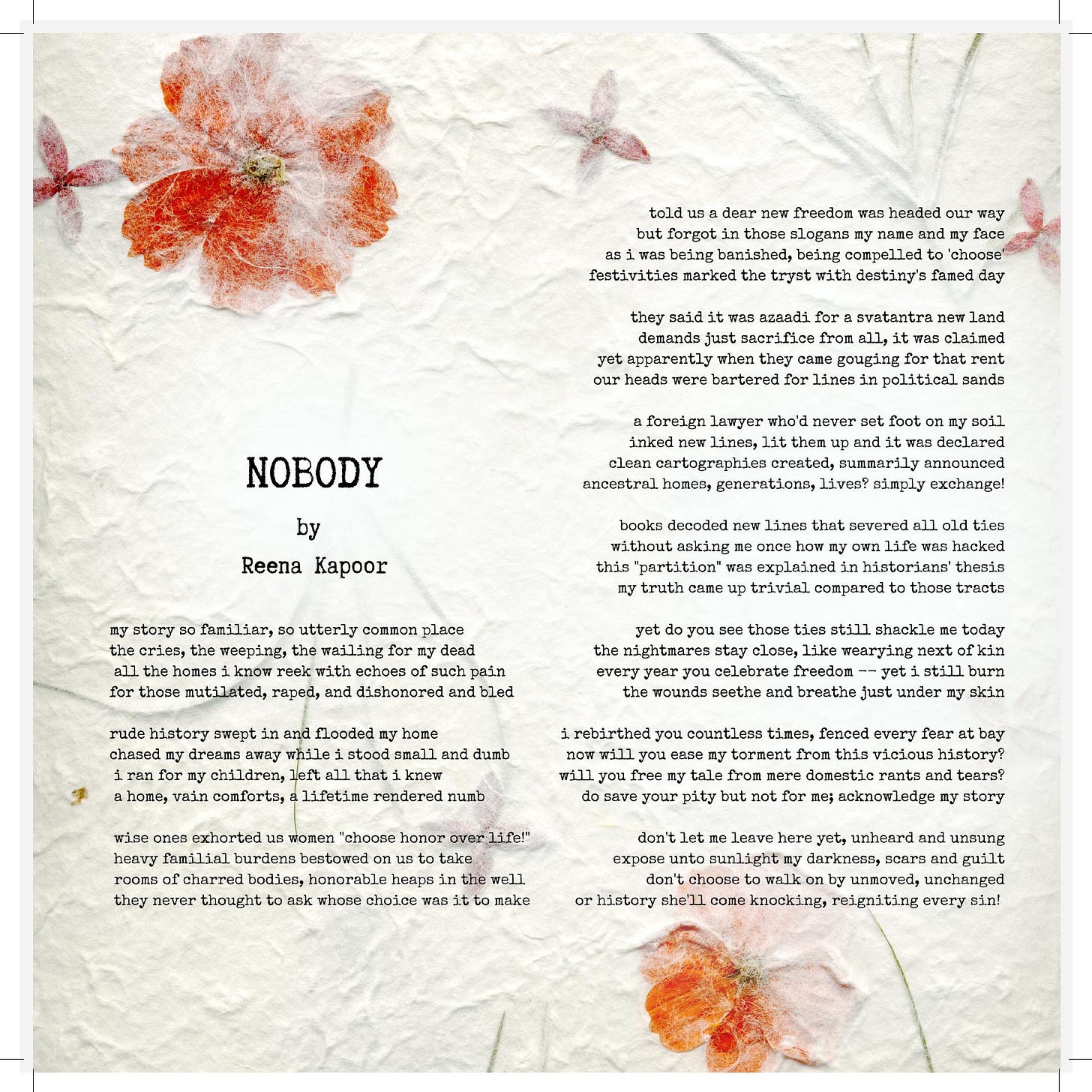
Yes, I bet it has!
Thank you for sharing this! I know only the very basic parts of this history, Reena, and from western sources. Your poem is very powerful, “with room to breathe but I can only sigh.” And such an amazing, and hopefully, deeply healing, recording project.